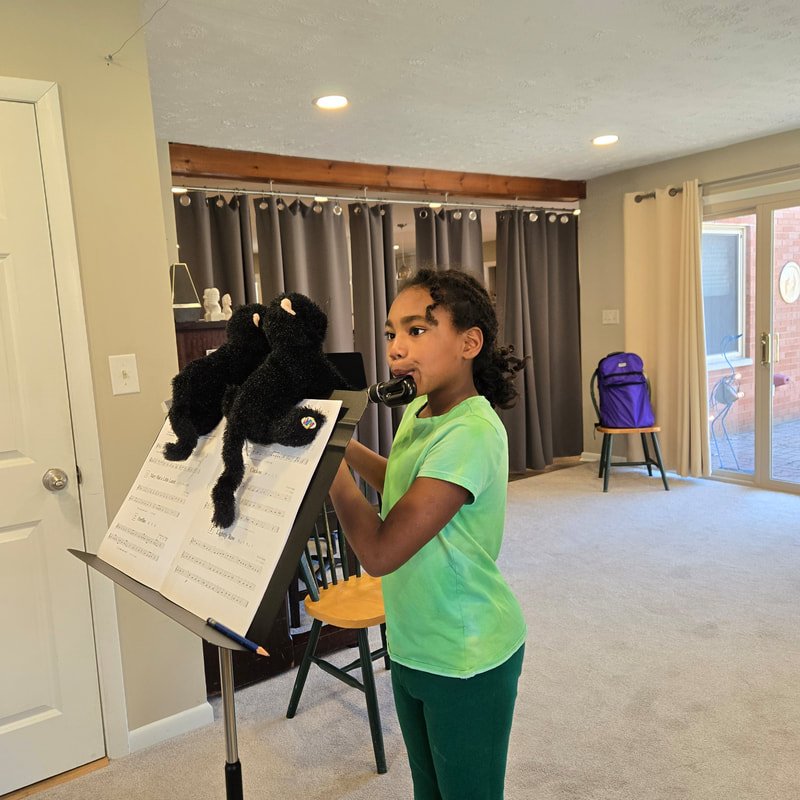
Suzuki Flute
Designed for children as young as age 3, Suzuki Talent Education is a philosophy of music teaching that focuses on the development of the whole child. Developed by violinist Shinichi Suzuki, Talent Education embraces the idea that every child, if properly taught, is capable of a high level of musical achievement. Using appropriately sized instruments and learning steps broken down into small, manageable increments, the Suzuki method adopts a "mother tongue" approach to learning. Just as children learn to speak through listening to their parents and care-givers, children are taught music by listening to beautiful music! Unlike other teaching programs, parents play a major role in the Suzuki method. Caregiver and teacher work together to provide a positive, nurturing environment ripe for learning. Concepts are taught using memorization, games, repetition, and interactive play! The results of Talent Education are children who are confident, respectful and well prepared for life. It was Mr. Suzuki's belief that the goal of musical education was to raise generations of children with "noble hearts."
Why music?
Research has shown repeatedly the importance of music in brain development. Music education enriches connections between the left and right brain, boosts executive brain function, strengthens speech processing, magnifies memory, promotes empathy, fosters math and science skills, elevates mental health, and sharpens self-esteem. Academically, students who participate in music have been found to have higher IQ scores. They tend to get better grades in school and do better on standardized test. Research has shown that on average children who study music score higher on the SATs: about 30 points higher in reading, 23 points higher in math, and 31 points above average in writing. However, academics isn’t everything. While we all want our children to do well in school and be successful in life, your child is much more than test scores and grades. The need to foster mental and emotional well-being in our children is becoming more and more critical. Students who participate in music are more in touch with their feelings and are better able to express how they feel in more positive ways.
Why the flute?
Just like with piano and violin, children can learn the flute at an early age. An entire line of instruments has been developed to accommodate young children. These instruments are lighter in weight and made in smaller sizes. They come in fun colors, are more durable than the traditional flute, and more affordable allowing students to try it out without breaking the bank. How many parents have invested in an expensive piano or keyboard that takes up space only for their child to lose interest after a few short months?! Another advantage of the flute is its portability. The flute can be taken anywhere! Take it on vacation. Take it to grandma’s so she can hear what her grandchild is learning! The Nuvo J Flute and the Nuvo Toot are played in the same manner as the traditional flute allowing families the opportunity to provide a start on flute instruction without a huge financial investment. These flutes have soft, pleasant tone qualities. It is NOT a plastic recorder!
Why now?
Eighty percent of a child’s brain development happens before age 8. The early years of a child’s life is the best time to promote learning. These early experiences have a greater impact on a child’s development than experiences later in life. Developing these fundamental life skills now is critical to a child’s success later in school. Also, despite the advantages of learning a musical instrument, schools are being forced to make cuts to music and the arts across the country. While more and more schools are focusing on STEM (Science, Technology, Engineering, and Mathematics) programs, time and money is being taken away from art and music. Additionally, music is fun! After all, we “play” music; we don’t “work” music. Play and creativity are vital to child development!


